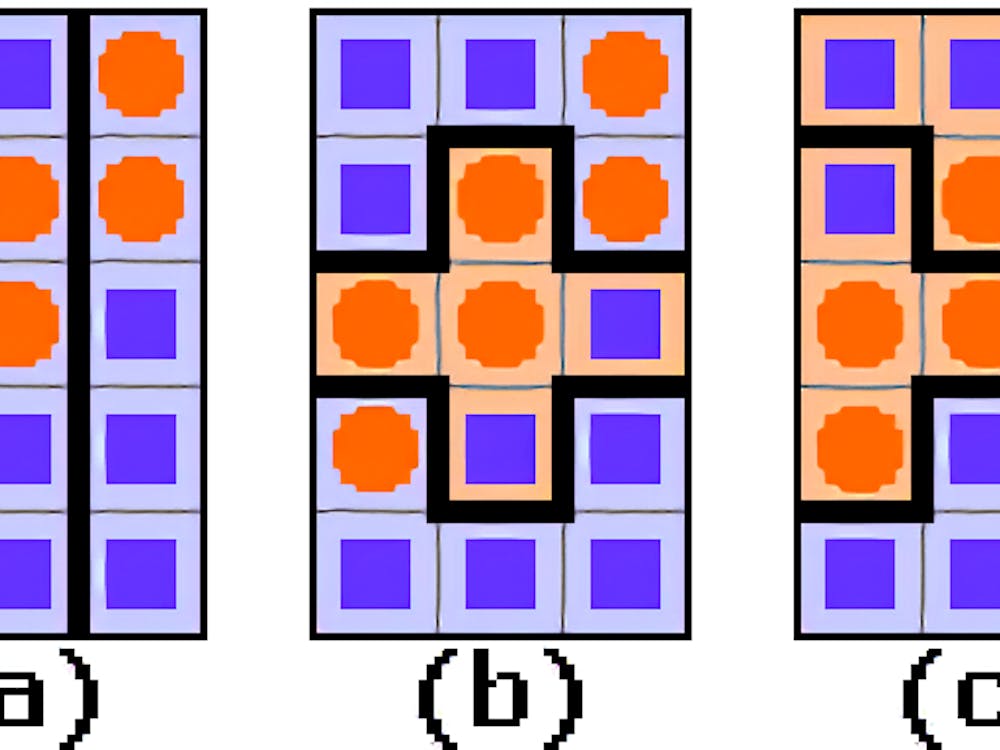Public opinion on internet anonymity has been fickle and inconsistent in recent months. Ever since Edward Snowden leaked classified NSA proceedings via Wikileaks, nervous blogs and news sites have been campaigning for a return to internet privacy. But in this day and age, true and total privacy is an undesirable ideal. Undeniably, society has developed an unhealthy dependence for social networking as a means of facilitating daily life. Before the smart device era, people were able to walk the streets without reaching for their phones every few steps. Nowadays, we’ve become so obsessed that the slight muscle twitches in our legs begin to register as vibrating phone notifications (don’t deny it, its happened to all of us.)
How can those calling for a rebirth of data privacy fail to recognize that they hold the key to web security in their own hands? If people continue to voluntarily broadcast the minutia of their lives through Facebook check-ins, tweets, and status updates, then the government’s work of filtering data is half done. The NSA doesn’t have to do much digging when all the info they need is uploaded to a public repository on Facebook.
Admittedly, the prospect of an Orwellian 'Big Brother' figure looming over us is a bit unsettling. Surprisingly, though, the majority of Americans could care less if the NSA tracked them. A staggering 56% of American’s actually supported the NSA’s domestic surveillance program, harboring the notion that “The government has nothing to look for, because I have nothing to hide.” And when it comes down to it, that’s how everyone should feel. Emotions aside, the NSA is doing its job by tracking down suspicious activity and shutting it down before anything terrible happens. Instead of treating the NSA as an unwelcomed peeping tom, try thinking of it as a well-intentioned residential advisor. Like an unannounced RA room inspection, the NSA’s snooping need only be feared if we have something to hide.
A fairly recent incident that proved the NSA’s good motives was the shutdown of a website called TheSilkRoad.onion. True to its name, the Silk Road was a cyber-underground marketplace that specialized in illegal activity, selling everything from hard drugs and weapons to fake passports and private hit men. The operation had been running on the internet for two years and had generated over $1.4 billion in revenue before the NSA finally cracked down. What’s even more surprising is that the concept of a .onion domain first built to protect United States military information by the NSA itself. Essentially, the creator of the Silk Road, Ross Ulbricht, used the U.S. government’s own privacy techniques to encrypt his website. Users of the Silk Road would first sign onto the onion router, which was something called the tor network. Once on the tor servers, the user’s traffic is bounced between a chain of nodes in the form of packets. Since each node only stores information on the packets proceeding and preceding it on the chain, all users are truly anonymous. At any given point, an NSA “spy” would have no definite idea of where the source came from.
The tor network and the Silk Road are extreme scenarios, but they demonstrate both how and why people obtain total data privacy. In addition to the Silk Road, .onion sites feature a diverse array of common illegal activities, such as money laundering, identity wiping, and even escort services. Hopefully, most of us will never utilize these services, but it just goes to show what people do when they are anonymous. When a person’s real-life identity is isolated from their internet persona, people become reckless. Accountability becomes nullified and chaos ensues, as shown by the types of links on the tor servers url list (almost all of which provide services that would be illegal in most countries).
So go back to posting about the details of your daily lives; no one, including the NSA, could care more. Even though social networking has inundated the internet with information, almost none of it means anything. True internet anonymity may matter theoretically for its implications on freedom and liberty, but pragmatically, it serves little use to most of us. The NSA has bigger fish to fry, and unless your Facebook statuses are about starting an underground drug ring, going incognito should be the least of your concerns.
Brian Yuen is a freshman majoring in electrical engineering.




